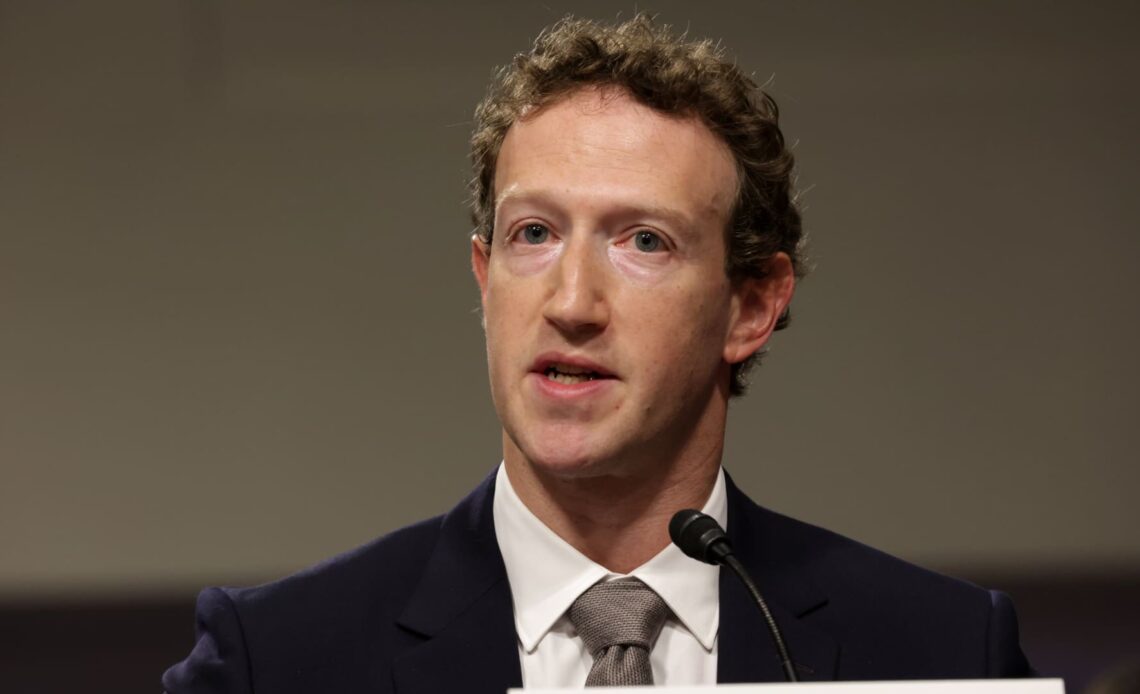Heading into the 2024 election in the U.S. and major political contests around the world, internet companies are unprepared for the onslaught of misinformation that’s coming.
That’s according to research out Tuesday from Mozilla and CheckFirst, which concludes that leading tech platforms are lagging in their ad transparency tools. The study, conducted between December and January, tested Alphabet’s Google Search and YouTube, Apple’s App Store and Microsoft’s Bing and LinkedIn, as well as services from Meta, Pinterest, Snap, TikTok, X and others.
None of the results were great, and some were “a major disappointment,” according to the researchers.
The ad transparency tools were mandated by the European Union’s Digital Services Act, which required that large tech platforms maintain ad libraries and other tools, such as application programming interfaces (APIs), to be used by researchers and the public. The DSA’s deadline was Jan. 1.
People should be able to use the tools to search for information about ads they see or specific companies’ ad campaigns, including ad content, target audience, the ad’s reach and the call to action.
“This is now no longer something that’s voluntary,” Claire Pershan, EU advocacy lead at Mozilla, told CNBC. “It’s something these companies have to do.”
No platforms passed the test with the “ready for action” designation. Instead, results ranged from lacking vital data and functionality, to “still has big gaps” in data and functionality. Some had the “bare minimum,” according to the study.
It’s troubling news as the major platforms prepare for a huge year of elections that affect upward of 4 billion people in more than 40 countries.
“It is important right now for the platforms to really collaborate, and important for us to push right now, because of the election year,” Amaury Lesplingart, co-founder and technology chief of CheckFirst, told CNBC in an interview.
The rise of artificial intelligence and AI-generated content has led to serious election-related misinformation concerns, with the number of generated deepfakes increasing 900% year over year, according to data from machine learning firm Clarity. Election-related misinformation has been a major problem dating back to the 2016 presidential campaign, when Russian actors sought to deploy cheap and easy ways to spread inaccurate content across social platforms.
Lawmakers are currently even more concerned with the rapid rise of AI.
“There is reason for serious concern about how AI…
Click Here to Read the Full Original Article at Top News and Analysis (pro)…


